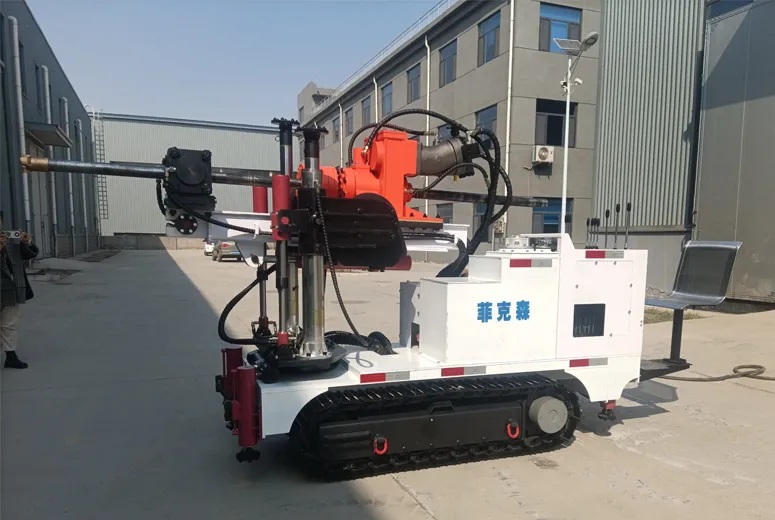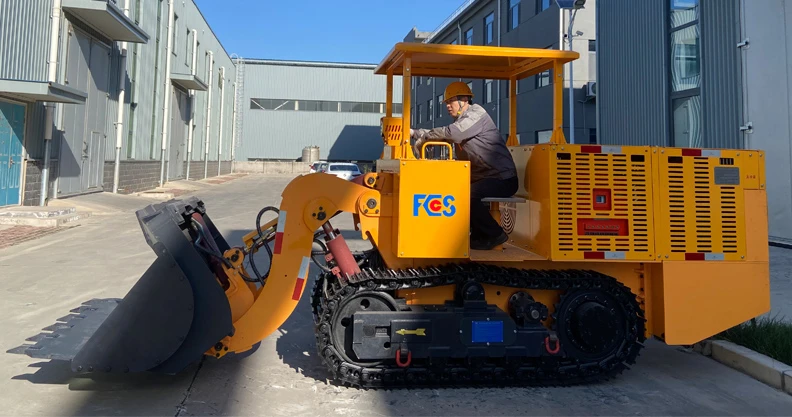- Afrikaans
- Albanian
- Amharic
- Arabic
- Armenian
- Azerbaijani
- Basque
- Belarusian
- Bengali
- Bosnian
- Bulgarian
- Catalan
- Cebuano
- Corsican
- Croatian
- Czech
- Danish
- Dutch
- English
- Esperanto
- Estonian
- Finnish
- French
- Frisian
- Galician
- Georgian
- German
- Greek
- Gujarati
- Haitian Creole
- hausa
- hawaiian
- Hebrew
- Hindi
- Miao
- Hungarian
- Icelandic
- igbo
- Indonesian
- irish
- Italian
- Japanese
- Javanese
- Kannada
- kazakh
- Khmer
- Rwandese
- Korean
- Kurdish
- Kyrgyz
- Lao
- Latin
- Latvian
- Lithuanian
- Luxembourgish
- Macedonian
- Malgashi
- Malay
- Malayalam
- Maltese
- Maori
- Marathi
- Mongolian
- Myanmar
- Nepali
- Norwegian
- Norwegian
- Occitan
- Pashto
- Persian
- Polish
- Portuguese
- Punjabi
- Romanian
- Russian
- Samoan
- Scottish Gaelic
- Serbian
- Sesotho
- Shona
- Sindhi
- Sinhala
- Slovak
- Slovenian
- Somali
- Spanish
- Sundanese
- Swahili
- Swedish
- Tagalog
- Tajik
- Tamil
- Tatar
- Telugu
- Thai
- Turkish
- Turkmen
- Ukrainian
- Urdu
- Uighur
- Uzbek
- Vietnamese
- Welsh
- Bantu
- Yiddish
- Yoruba
Directional Drill Rigs Precision Boring & HDD Solutions
Did you know 72% of contractors lose bids due to delayed trenching projects? Traditional excavation methods drain time and budgets—costs surged 30% since 2020. But what if you could drill smarter, not harder?

(directional drill rig)
Why Directional Drill Rigs Outperform Traditional Methods
Modern directional boring rigs cut project timelines by 40% while achieving 99.8% drilling accuracy. Our XT900HD horizontal directional drilling rig delivers 18,000 lbs of thrust—enough to power through granite without breaking stride. Ask yourself: Can your current equipment handle 8-inch diameter bores at 150-foot depths?
Head-to-Head: Top 3 Directional Drill Rig Manufacturers
| Feature | XT900HD (Us) | Competitor A | Competitor B |
|---|---|---|---|
| Max Thrust Force | 18,000 lbs | 15,500 lbs | 16,200 lbs |
| Fuel Efficiency | 5.2 gal/hr | 6.8 gal/hr | 7.1 gal/hr |
Tailored Solutions for Your Unique Needs
Whether you're laying fiber optics under downtown Chicago or installing gas lines in rocky Texas soil, our modular directional drill rig
s adapt. Choose from 15+ attachments and 15 hydraulic configurations. Need to work in tight spaces? Our compact HDD rigs fit through 36-inch gates.
Proven Success: Real-World Case Studies
• New York City Fiber Expansion: Completed 12-mile bore in 23 days (38% faster than bid timeline)
• Alberta Oil Sands Project: Achieved record 980-foot bore through shale
• Miami Utility Upgrade: Zero surface disruptions in historic district
Ready to transform your drilling operations? Book a FREE demo of our award-winning directional drill rigs this month and get 2 years of maintenance coverage—a $15,000 value! Our experts are standing by at 1-800-DRILL-NOW to boost your ROI.

(directional drill rig)
FAQS on directional drill rig
Q: What is a directional drill rig used for?
A: A directional drill rig is designed for installing underground pipelines, cables, or conduits with minimal surface disruption. It enables precise horizontal or angled drilling, making it ideal for crossing obstacles like roads or rivers. This method avoids traditional trenching, reducing environmental impact.
Q: How does a directional boring rig differ from traditional drilling equipment?
A: A directional boring rig specializes in steering the drill path underground without excavating trenches. Unlike traditional vertical drilling rigs, it uses guided navigation systems to create curved or horizontal boreholes. This allows installation beneath existing infrastructure safely and efficiently.
Q: What projects typically require a horizontal directional drilling rig?
A: Horizontal directional drilling (HDD) rigs are used for utility installations under obstacles like highways, rivers, or buildings. They’re common in telecommunications, oil/gas pipelines, and water/sewer projects. HDD minimizes landscape disruption and complies with strict environmental regulations.
Q: What are the key advantages of using a directional drill rig over open-cut methods?
A: Directional drill rigs reduce surface damage, lowering restoration costs and project timelines. They enable installations in congested urban areas or ecologically sensitive zones. Additionally, they minimize traffic interruptions and public inconvenience compared to open trenches.
Q: What factors determine the size of a directional boring rig needed for a project?
A: Rig size depends on borehole diameter, drilling depth, soil conditions, and the length of the installation. Larger HDD rigs handle longer distances and tougher terrains, while compact models suit shorter urban projects. Ground composition (rock vs. soil) also dictates machine power requirements.



